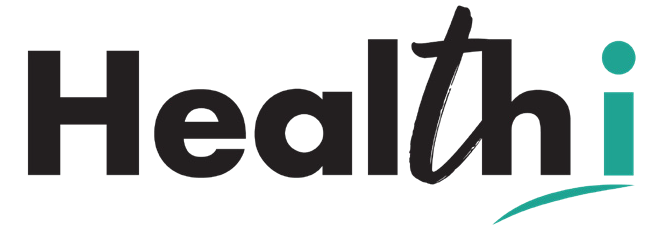The Key to a Healthy Heart: Understanding Heart Health, Blood Pressure, and Lifestyle Choices
Your heart is the engine that keeps your body running, tirelessly pumping blood to deliver oxygen and nutrients to every cell. A healthy heart means a longer, more vibrant life, but maintaining optimal heart health requires a proactive approach. In this article, we’ll explore how to keep your heart rate in check, understand the importance of blood pressure, and implement lifestyle changes to support long-term cardiovascular health.
Understanding Heart Rate and Its Importance
Your resting heart rate (RHR) is the number of times your heart beats per minute (bpm) when you are at rest. It is an important indicator of overall heart health. A normal resting heart rate for adults typically ranges between 60-100 bpm, with trained athletes often having lower rates due to enhanced cardiovascular efficiency.
How to Maintain a Healthy Heart Rate:
- Regular Exercise – Engaging in aerobic exercises like walking, jogging, swimming, or cycling strengthens the heart and lowers resting heart rate.
- Stress Management – Chronic stress can elevate heart rate; practicing mindfulness, deep breathing, or yoga can help.
- Adequate Sleep – Poor sleep can lead to heart rate irregularities; aim for 7-9 hours per night.
- Balanced Diet – Foods rich in omega-3 fatty acids, antioxidants, and fiber support a steady heart rate.
- Hydration – Dehydration can cause an increase in heart rate, so drink enough water daily.
Understanding Blood Pressure: The Silent Killer
Blood pressure is the force of blood pushing against artery walls. It is measured in millimetres of mercury (mmHg) and recorded as two numbers:
- Systolic Pressure (Top Number): The pressure when the heart beats.
- Diastolic Pressure (Bottom Number): The pressure when the heart rests between beats.
A normal blood pressure reading is around 120/80 mmHg. High blood pressure (hypertension) is classified as readings consistently at or above 130/80 mmHg. Hypertension increases the risk of heart disease, stroke, and kidney failure.
How to Correct High Blood Pressure
If you have high blood pressure, the good news is that lifestyle changes can significantly help manage and lower it.
- Increase Physical Activity
- Engage in at least 150 minutes of moderate-intensity exercise per week.
- Strength training exercises 2-3 times a week can help maintain a healthy cardiovascular system.
- Adopt a Heart-Healthy Diet
- Follow the DASH (Dietary Approaches to Stop Hypertension) diet, which includes plenty of fruits, vegetables, whole grains, and lean proteins.
- Reduce sodium intake to less than 2,300 mg per day (ideally 1,500 mg for those with hypertension).
- Eat potassium-rich foods like bananas, spinach, and beans, which help counteract sodium’s effects.
- Manage Stress Effectively
- Practice relaxation techniques like meditation, deep breathing, or tai chi.
- Engage in hobbies or activities that bring joy and reduce anxiety.
- Maintain a Healthy Weight
- Losing even 5-10% of body weight can significantly reduce blood pressure levels.
- Limit Alcohol and Caffeine Intake
- Excessive alcohol can raise blood pressure; limit intake to one drink per day for women and two for men.
- Some individuals may be sensitive to caffeine, so monitor its effects on your blood pressure.
- Quit Smoking
- Smoking damages blood vessels and significantly increases the risk of heart disease.
- Seek support from healthcare professionals or cessation programs if needed.
Maintaining Long-Term Heart Health
- Regular Check-Ups – Get your blood pressure and cholesterol levels checked regularly.
- Stay Hydrated – Proper hydration supports blood circulation and heart function.
- Listen to Your Body – Seek medical attention if you experience chest pain, shortness of breath, or dizziness.
- Stay Consistent – Heart health is a lifelong commitment; small, consistent changes yield lasting benefits.
Final Thoughts
Your heart is one of the most vital organs in your body, and taking care of it should be a top priority. By maintaining a healthy heart rate, managing blood pressure, and making conscious lifestyle choices, you can ensure long-term cardiovascular health and overall well-being.
Take the first step today—your heart will thank you for it!
Disclaimer – Healthi and its associates offer health and fitness information and is designed for educational and entertainment purposes only. You should consult your physician or general practitioner before beginning a new fitness program. You should not rely on this information as a substitute for, nor does it replace, professional medical advice, diagnosis, or treatment. If you have any questions or concerns about your health, you should always consult with a physician, general practitioner, or other qualified healthcare professional. Do not disregard, avoid or delay obtaining medical or health-related advice from your healthcare professional because of something you may have read in our publications or lectures. The use of information provided through the urban wellness service is solely at your own risk and is not medical or healthcare advice.





